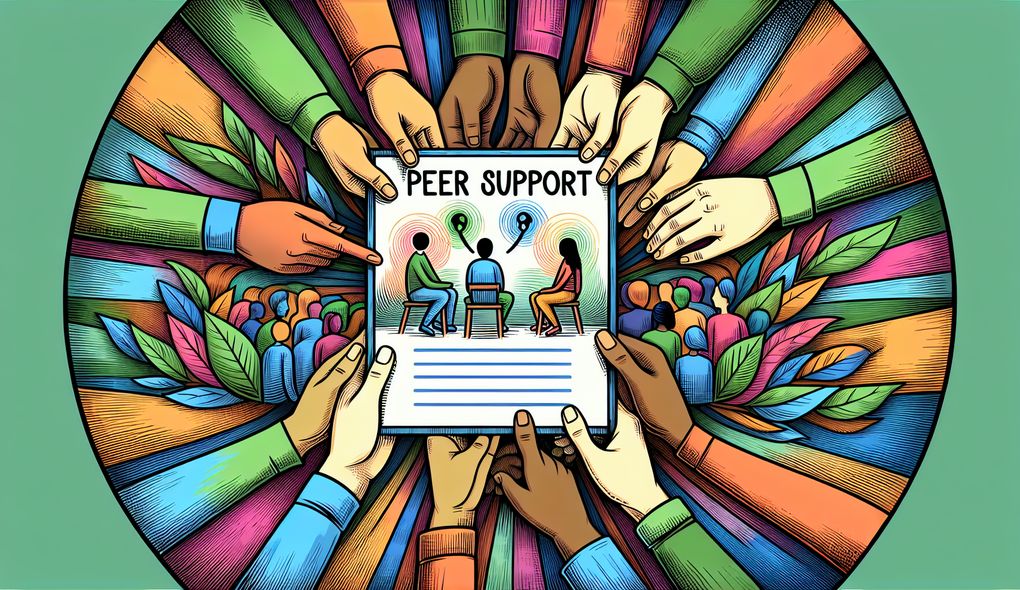How do you encourage clients in setting realistic and achievable recovery goals?
INTERMEDIATE LEVEL

Sample answer to the question:
In encouraging clients to set realistic and achievable recovery goals, I start by establishing a strong rapport with them. I make sure to actively listen to their concerns and create a safe space for open and honest communication. I then collaborate with them to identify their strengths, challenges, and aspirations. Together, we break down their overall recovery journey into smaller milestones and develop a detailed action plan. Throughout the process, I provide continuous support, motivation, and feedback to help them stay on track. Additionally, I also educate clients about the importance of self-care and the available community resources that can further facilitate their recovery.
Here is a more solid answer:
In order to encourage clients in setting realistic and achievable recovery goals, I first establish a strong foundation of trust and empathy. I actively listen to their concerns without judgment and create a safe and non-threatening environment for them to share their experiences. By validating their feelings and experiences, I help them feel understood and supported. Next, I collaborate with them to identify their strengths, challenges, and aspirations. We break down their recovery journey into smaller, manageable steps and establish realistic goals together. I provide continuous support and motivation throughout the process, regularly checking in on their progress and offering feedback. Additionally, I educate clients about the various community mental health resources available to them that can further support their recovery. By empowering them with knowledge and resources, I enable them to take ownership of their recovery and make informed decisions.
Why is this a more solid answer?
The solid answer expands on the basic answer by providing specific examples of empathetic listening, collaboration, and ongoing support. It also emphasizes the importance of empowering clients and providing them with resources to take ownership of their recovery. However, it could further strengthen the answer by including more information on the candidate's knowledge of community mental health resources.
An example of a exceptional answer:
Encouraging clients to set realistic and achievable recovery goals is a crucial aspect of my role as a Peer Support Specialist. To do this effectively, I start by establishing a strong therapeutic alliance with each client. I take the time to understand their unique circumstances, values, and aspirations. By listening attentively and demonstrating empathy, I create a safe space for them to explore their recovery goals. Together, we collaboratively develop an individualized recovery plan that aligns with their strengths, values, and treatment preferences. I provide ongoing support and encouragement, continuously celebrating their achievements and helping them navigate obstacles. In addition to my interpersonal skills, I have an in-depth knowledge of community mental health resources. I actively stay up-to-date on available services and leverage this knowledge to connect clients with appropriate support systems. By empowering clients to make informed decisions about their recovery, I promote self-determination and enhance their overall well-being.
Why is this an exceptional answer?
The exceptional answer demonstrates a deep understanding of the role and responsibilities of a Peer Support Specialist. It highlights the importance of establishing a therapeutic alliance, personalization of recovery plans, ongoing support, and knowledge of community mental health resources. The candidate also emphasizes the promotion of self-determination and overall well-being. The answer is comprehensive, detailed, and showcases the candidate's expertise in the field.
How to prepare for this question:
- Familiarize yourself with different recovery models and approaches.
- Develop a strong understanding of community mental health resources and services.
- Practice active listening and empathy skills.
- Think of specific examples from past experiences where you have successfully supported clients in setting realistic and achievable recovery goals.
- Consider the importance of individualized care and treatment preferences when discussing recovery goals with clients.
What are interviewers evaluating with this question?
- Strong interpersonal and communication skills
- Ability to empathize with clients and build trust
- Knowledge of community mental health resources

